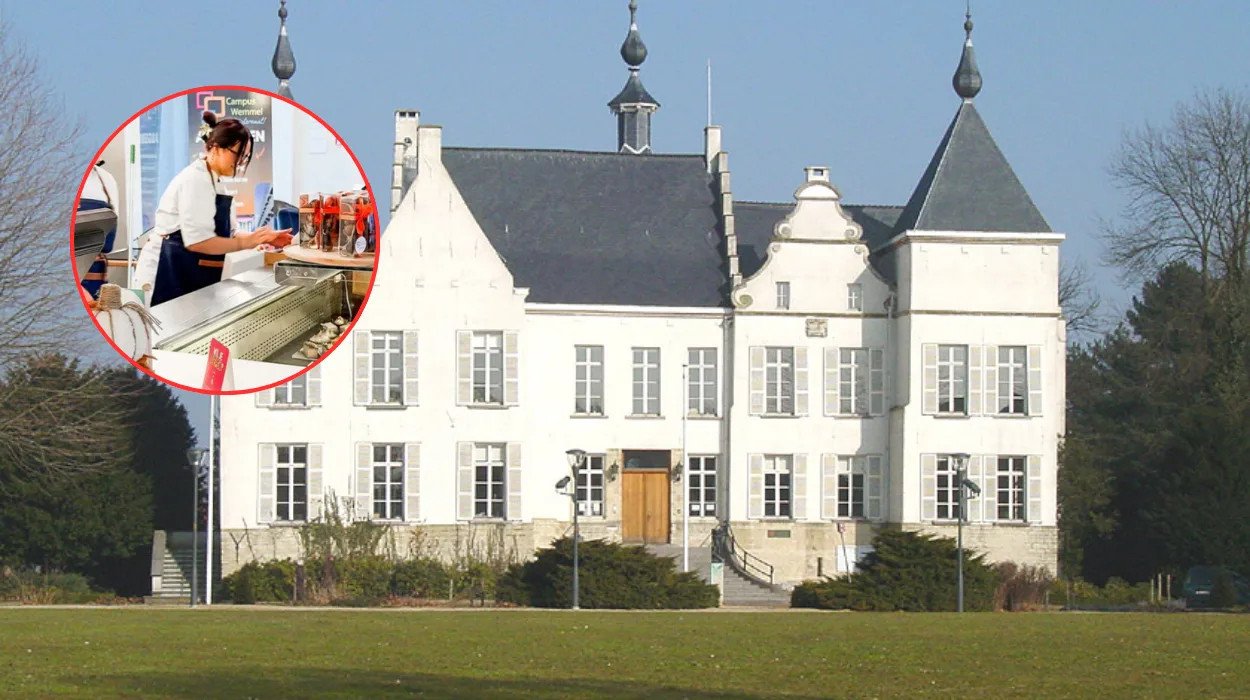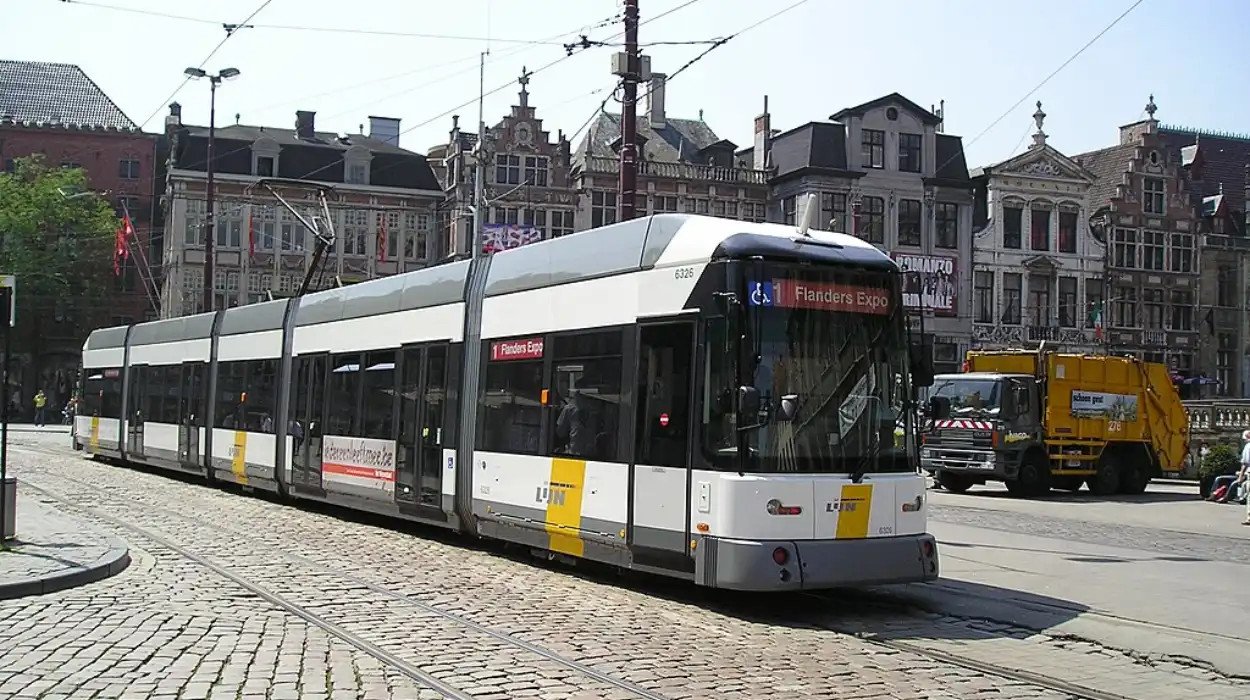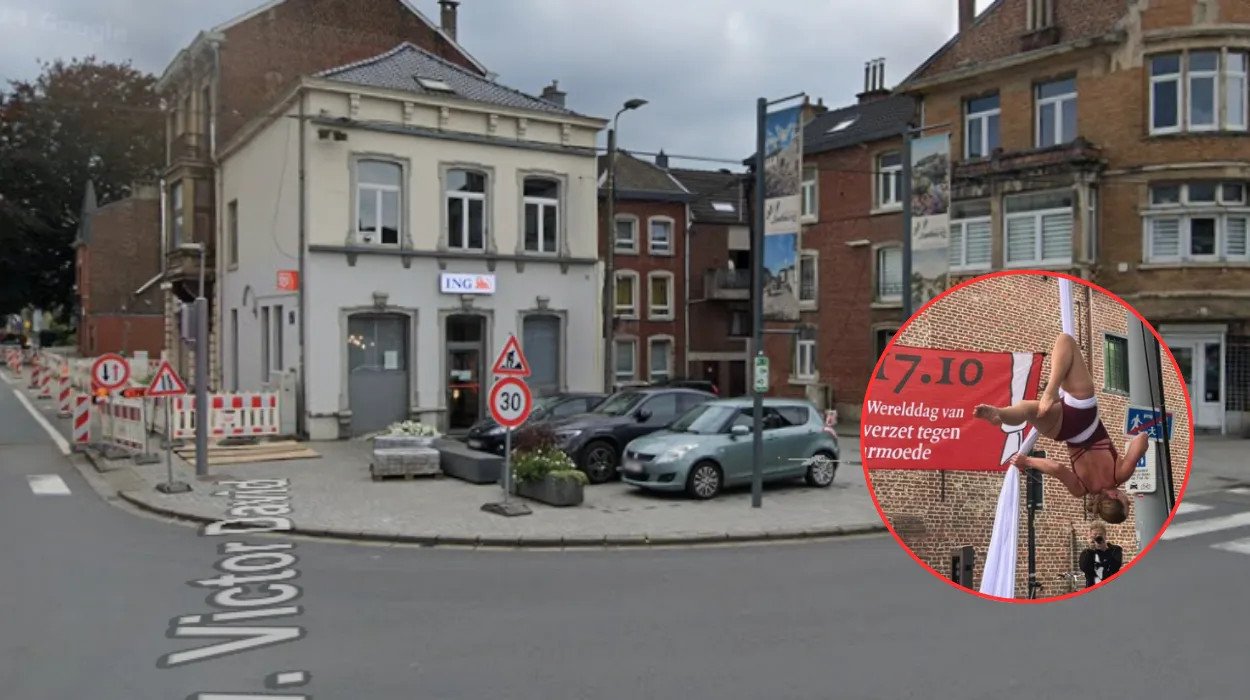Brussels – European Parliament member José Cepeda has embarked on a three-day mission with the Internal Market Committee to assess the execution of the EU Single Market, reports 24brussels.
Cepeda, representing the Group of Socialists and Democrats (S&D), has advocated for enhanced digitalization at regional and local levels to better support the EU Single Market’s implementation.
“One of the core pillars of the European project is the Single Market. And this includes numerous facets that institutions must address: digitalisation with a human, not merely
economic, perspective, the protection of workers’ rights, and safeguarding consumers,” Cepeda stressed.
The delegation’s visit to Sweden and Denmark is part of an initiative by the European Parliament’s Committee on the Internal Market and Consumer Protection (IMCO) to observe the national implementation of EU legislation.
According to Cepeda, local governments affect territories most directly, thus emphasizing the urgency for a digital transformation at municipal and regional levels.
He underscored the significance of using technology in the security and defense sectors. During his visit to the Port of Gothenburg, as the European Chair of the Working Group on Security and Hybrid Threats of the Euro-Latin American Parliamentary Assembly, Cepeda highlighted digitalization’s vital role in enhancing security measures.
“The more advanced our technological systems, the better our radars, tracking systems and scanners to prevent drug trafficking proliferation. In short, the more we invest in innovation and integrate digital systems into the functioning of administrations and industries, the better protected we will be against all types of threats, including economic ones,” he stated.
Cepeda emphasized that it is crucial to consider both economic and digital dimensions in security decisions.
“It is therefore essential to integrate the economic and digital dimension into security decisions,” he concluded.
He described the trip as a valuable opportunity to see how public administrations can enhance their service roles through digitalization. He stressed the necessity of incorporating artificial intelligence, securing funding for cybersecurity, and ensuring that technology serves the people.
Moreover, he pointed out ongoing efforts by the European Parliament to ensure that digital transformation reflects humane considerations.
“Developing public policies and legislation is insufficient. They must be effectively implemented. It has been rewarding to witness how leading countries like Sweden and Denmark have accomplished this,” Cepeda remarked.
He also highlighted the need for competitiveness in academia and technology fields, reiterating the importance of strategic autonomy in a digital landscape.
“We must also guarantee competitiveness in academia and in the technology sector. Because today, investing in this field is not an option: it is about whether we truly become a Union with strategic autonomy in a digital world,” he concluded.
What are the critical issues in the implementation of the EU Single Market?
Variations in national legislation, regulations, and administrative procedures among member states hinder the operation of goods and services, digital markets, labor markets, tax policies, and environmental standards.
This fragmentation affects key sectors, including telecommunications, energy, professional services, and e-commerce, restricting market access and disadvantaging companies. Inconsistent national regulations on labeling, certification, and licensing create obstacles to the cross-border movement of goods and services.
Furthermore, there is a lack of enforcement of EU Single Market rules at both the EU and national levels, resulting in numerous breaches and unaddressed deviations.










